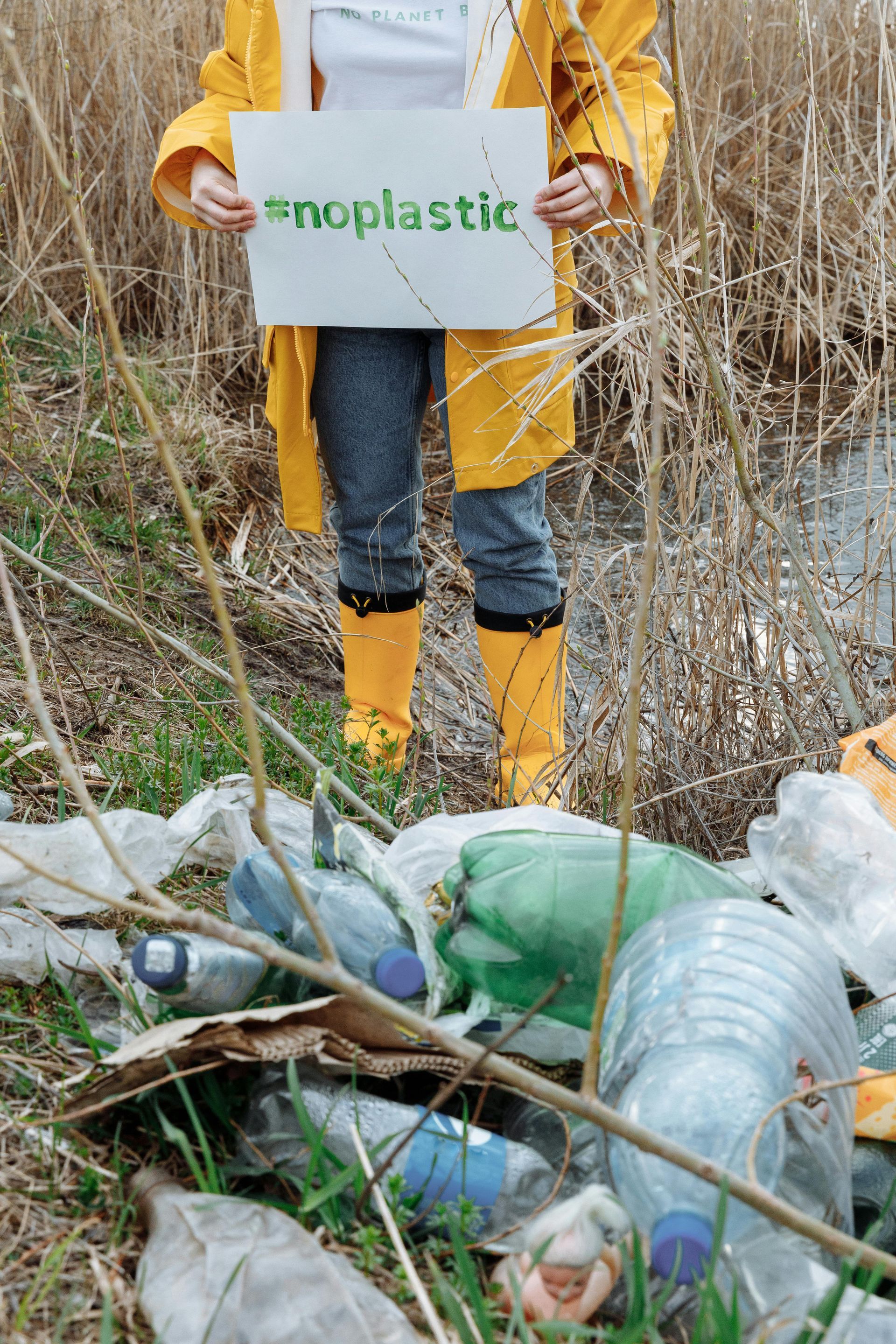The Importance of Recycling and Waste Reduction
Embracing recycling and waste reduction is crucial for a sustainable future, helping to conserve resources, protect the environment, and promote a healthier community.Recycling at home is a simple yet impactful way to contribute to a sustainable future.

Debunking Common Recycling Myths
Recycling is essential for a sustainable future, but misconceptions can hinder our efforts. Let’s clarify what can and cannot be recycled to help you recycle more effectively at home.
Myth: All Plastics Are Recyclable
Not all plastics can be recycled. Check the recycling symbol on the bottom of your containers. Only plastics labeled with numbers 1 (PETE) and 2 (HDPE) are widely accepted in curbside recycling programs.Myth: You Don’t Need to Clean Recyclables
It's crucial to rinse out food containers before recycling. Residue can contaminate the recycling stream, making it more difficult to process materials.Myth: Recycling is the Same as Composting
Recycling and composting are different processes. Recycling involves processing materials to create new products, while composting is about breaking down organic waste into nutrient-rich soil.Myth: You Can Recycle Everything with a Recycling Symbol
The recycling symbol doesn’t guarantee that an item is recyclable in your area. Always check local guidelines to see what materials are accepted.Myth: Recycling is Too Complicated
While it may seem complex, recycling can be straightforward with a little knowledge. Familiarize yourself with your local recycling rules to make the process easier.
The Impact of Recycling on Our Planet
75%
Recycling can reduce the amount of waste sent to landfills and incinerators by up to 75%, significantly decreasing environmental pollution.
1.17 billion
In 2020, recycling and composting prevented the release of approximately 1.17 billion metric tons of carbon dioxide equivalent into the air, which is like taking 250 million cars off the road for a year.
9.3 million
Proper recycling and composting can save over 9.3 million tons of material from landfills, which helps conserve natural resources and reduces the need for new landfills.

